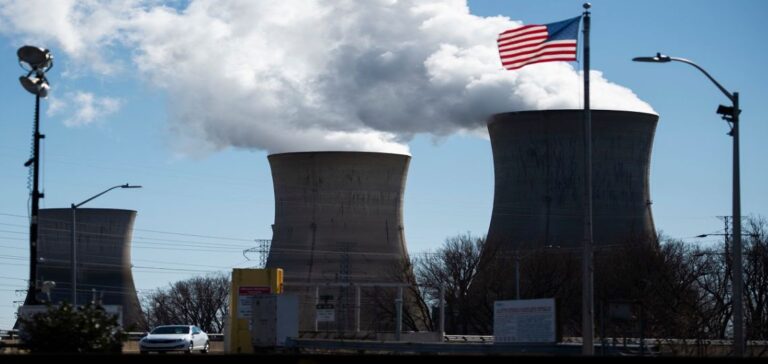A recent analysis by researchers at the Massachusetts Institute of Technology (MIT) and the University of California-Davis found that closing all nuclear power plants in the United States would result in a significant increase in emissions from coal and other generating fuels. This would lead to thousands of additional deaths. The researchers used an energy allocation model of the U.S. electricity sector to quantify the increase in carbon dioxide, nitrogen oxides, and sulfur dioxide emissions if all of the nation’s nuclear generation were to be permanently shut down.
The health consequences of air pollution related to nuclear power plant closures
The study, published in the scientific journal Nature Energy, identifies regions with a high risk of increased emissions due to a global response to closures, even though not all nuclear power plants will realistically be closed at the same time. The researchers fed the model with available data on the evolution of emissions and energy costs for each plant for an entire year and ran the model in different scenarios. Notably a nuclear-free energy grid, a baseline grid similar to today’s that includes nuclear power, and a nuclear-free grid that also incorporates the additional renewable sources expected to be added by 2030.
The analysis concluded that increased air pollution would have serious health effects, resulting in 5,200 additional pollution-related deaths in a single year. If greater amounts of renewable energy are integrated into the grid, as projected by 2030, air pollution would be reduced, although not entirely, still resulting in 260 additional deaths per year. The researchers noted that black or African-American communities, a disproportionate number of which live near fossil fuel plants, were most exposed to the additional emissions.
Nuclear energy: a clean and reliable source of energy
The economic impacts of a U.S. nuclear phase-out were also assessed, with researchers estimating that it would result in annual costs of between $50.4 billion and $220.2 billion. The potential economic impacts due to climate and health impacts of a U.S. nuclear phase-out were also assessed, with the authors estimating that it could result in 80,000 to 160,000 additional deaths over 100 years due to increased carbon dioxide emissions as the grid compensates for the lack of nuclear power.
Nuclear power is a clean, reliable source of carbon-free energy that saves the atmosphere more than 470 million metric tons of carbon dioxide emissions that would otherwise be produced by fossil fuels. By keeping existing nuclear plants online and deploying the next generation of reactors, the United States can help ensure that its nation meets its decarbonization goals while protecting the health of its communities.





















